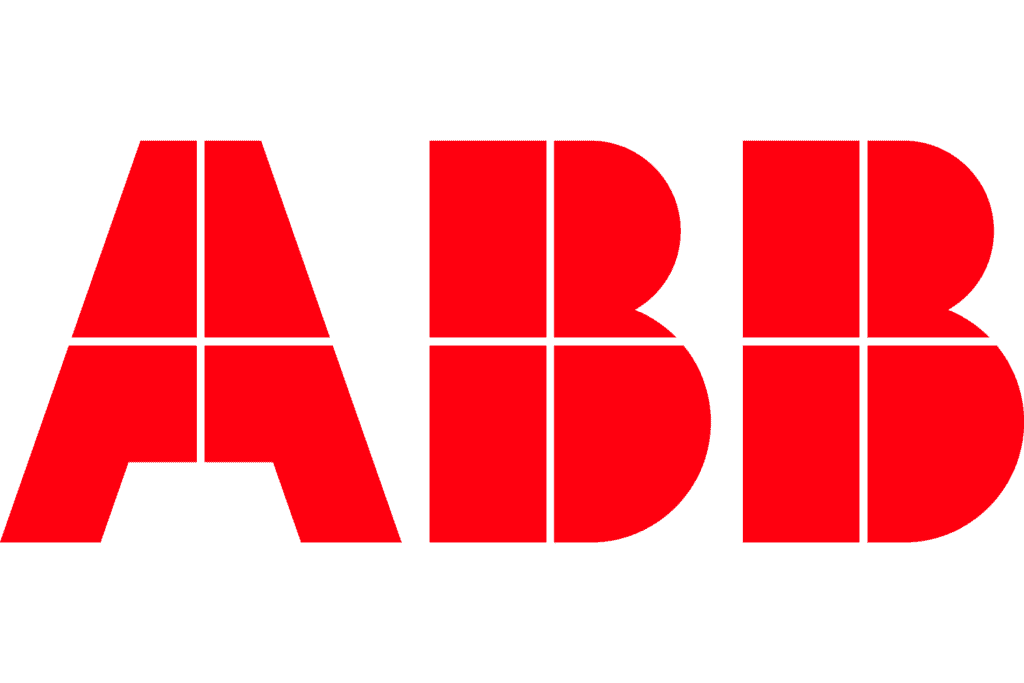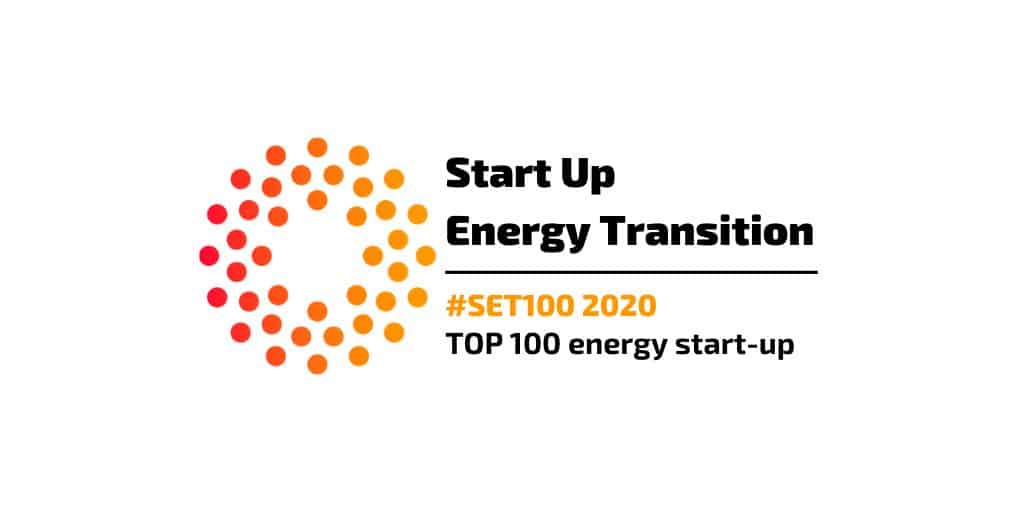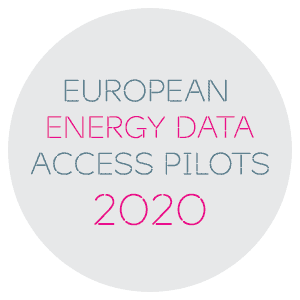 27.03.23
27.03.23
We’re building an energy tariff database. Here’s why:
The energy crisis has made it far more complicated for the average consumer to understand their energy consumption and invoices. For the past couple of years, energy prices skyrocketed in what was a volatile period in the market, and people found themselves facing incredibly high bills and desperately looking for ways to cut costs. Since the beginning of 2023, however, the markets have shown signs of prices falling and this means consumers need to once again reassess and understand their consumption and costs to determine where they are now saving – or could potentially be.
re.alto originally set up our European Electricity Suppliers API and launched it on our energy API marketplace to demonstrate how easy it is to build an API and market it via the platform. The popularity and success of this API led to us looking into how we could further meet our subscribers’ needs. Wholesale gas prices continue to fall, meaning the electricity markets have also been falling significantly since the beginning of the year. This means some consumers are set to get a significant amount of money back from their suppliers and are now looking for tariff information or rather solutions to help them better understand their consumption in euros and be able to keep track of this. Most energy management systems focus on optimising a household’s energy consumption, which ultimately means consuming less from the grid. But most of the available energy software lacks information on the detailed cost of the energy consumed. It fails to show the cost in a comprehendible way, showing it in kWh as opposed to euros, and does not take into account whether a consumer has standing fees or a separate rate for their injection and offtake. This means users cannot clearly see what their optimal usage is and whether they are actually saving money or not. To do this, they need information about not only the overall cost of electricity but also the breakdown of the hidden costs underneath, which is exactly what our new tariff database will offer.
An energy tariff is the amount a customer is charged by their energy provider for their gas and electricity use. A fixed rate tariff sets the cost of energy for a certain period, whereas the cost of a variable tariff changes according to the market. Three main components usually make up a consumer’s energy tariff. Firstly taxes, which are often state-wide or national. Then the energy component itself, which is the energy tariff they pay for electricity consumption at home, which is dependent on energy supplier and country, and may be split into a day and night tariff. And finally, there is the grid fee, which is usually regional and is basically a household’s financial contribution for using the infrastructure that delivers their energy. A better understanding of this tariff and how it works puts consumers in the driving seat when it comes to monitoring and controlling their costs. This is the information they are now looking for from their chosen energy solutions. The only problem: There are no substantial databases to provide these insights in Europe. At re.alto, we observed this issue and set out to build one to provide the data third parties need to include in their energy solutions with the average consumer in mind. With our Connect platform, we have already started implementing this for Belgium, and thanks to our partnerships, we will soon also be able to cover the Netherlands, UK, Norway and Sweden as well. Although the tariff database is in its early stages, we hope to be able to provide the data for third parties to use to help consumers better understand their consumption and energy bills and thus benefit from these insights. Based on the above-mentioned components making up the tariff, our database gives platform users API access to enter a postcode, an energy supplier and a country of residence, and the database then returns the supplier’s rates back to the user, so that energy solutions providers can take the actual rate into account. The advantage of a tariff database is that it presents the cost in an understandable way, namely in euros. The tariff database breaks down every component of an energy tariff and thus helps energy management solutions to quantify their behaviour with their customer into savings in euros, which is much clearer for the end consumer to understand. This enables profit sharing business models for them, instead of the usual subscription service models that are the current standard practice.
The plunging oil and natural-gas prices are helping consumers recover from the energy crisis and boosting their spending power elsewhere. Consumers can certainly benefit from the lowering prices, and the information found in our tariff database will help them better understand their energy consumption and will optimise energy solutions. We therefore aim to give third parties the opportunity to incorporate this data in their energy management products.
If our tariff database has caught your attention and you would like more information, feel free to reach out to us.

 27.03.23
27.03.23









